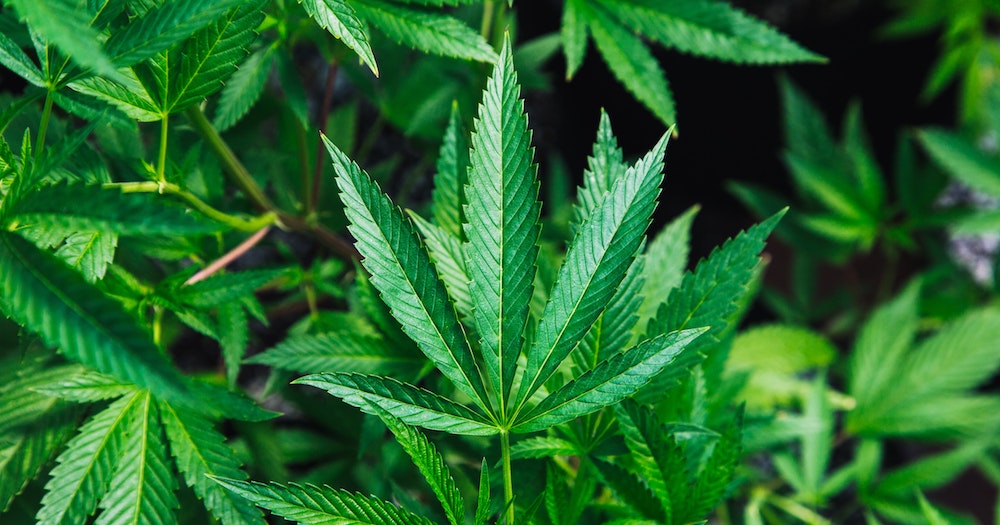On Dec. 2, 2020, at 63rd session of the United Nations (UN) Commission on Narcotic Drugs (CND), 27 out of 53 member states voted to remove cannabis and its derivatives from a list of the world's most dangerous drugs.
Recommendation accepted after a close fight in votes
Those in favour were seeking to remove cannabis from Schedule IV of the 1961 Single Convention on Narcotic Drugs, which includes highly addictive drugs, such as heroin, reported UN News.
The recommendation to reclassify cannabis was accepted by a tight margin as 25 members states were against the recommendation, while one member state abstained.
Singapore's UN Ambassador Umej Bhatia reiterated at the session the country's zero-tolerance stance towards drugs, including cannabis and cannabis-related substances.
Decision could fuel public misconception: MHA
According to the Ministry of Home Affairs (MHA), Singapore is disappointed with this outcome as it "could send a wrong signal that the CND has softened its stance against cannabis".
MHA also expressed that the decision could fuel public misperception, especially among youths, who might consider that cannabis is no longer considered to be as harmful as before.
No immediate impact on loosening international controls: Experts
According to UN News, it was reported that experts highlighted that the vote will have no immediate repercussions on relaxing international controls on cannabis as governments will still have the say on how to classify cannabis.
The New York Times (NYT) reported that the reclassification would support medical research and legalisation of cannabis across the globe.
In the United States (US), cannabis and cannabis-related products for medical, such as cannabidiol or CBD, has increased significantly.
In 2018, Malaysia and Thailand announced that they were exploring making medical cannabis a reality.
In Singapore, the National Research Foundation (NRF) is working to develop synthetic chemical compounds found in the cannabis plant, without needing to utilise the cannabis plant.
Singapore to continue enforcing strict laws against drugs
In light of the news from the 63rd CND session, MHA reiterated that it will continue to enforce strict laws against the trafficking,
possession, consumption and import or export of illicit drugs, including cannabis.
At the same time, it highlighted that it will allow safe and controlled access to evidence-based medical treatment options, including cannabinoid pharmaceuticals.
Under Singapore’s Misuse of Drugs Act, cannabis is classified as a Class A controlled drug, and possession or consumption of cannabis here can lead to jail terms of up to 10 years and a fine of up to S$20,000.
As for the cultivation of cannabis, the maximum penalty is a jail term of 20 years, a fine of S$40,000, or both.
Those who traffic, import or export certain quantities of cannabis may face the death sentence.
Totally unrelated but follow and listen to our podcast here
Top image via Rick Proctor/Unsplash
If you like what you read, follow us on Facebook, Instagram, Twitter and Telegram to get the latest updates.
